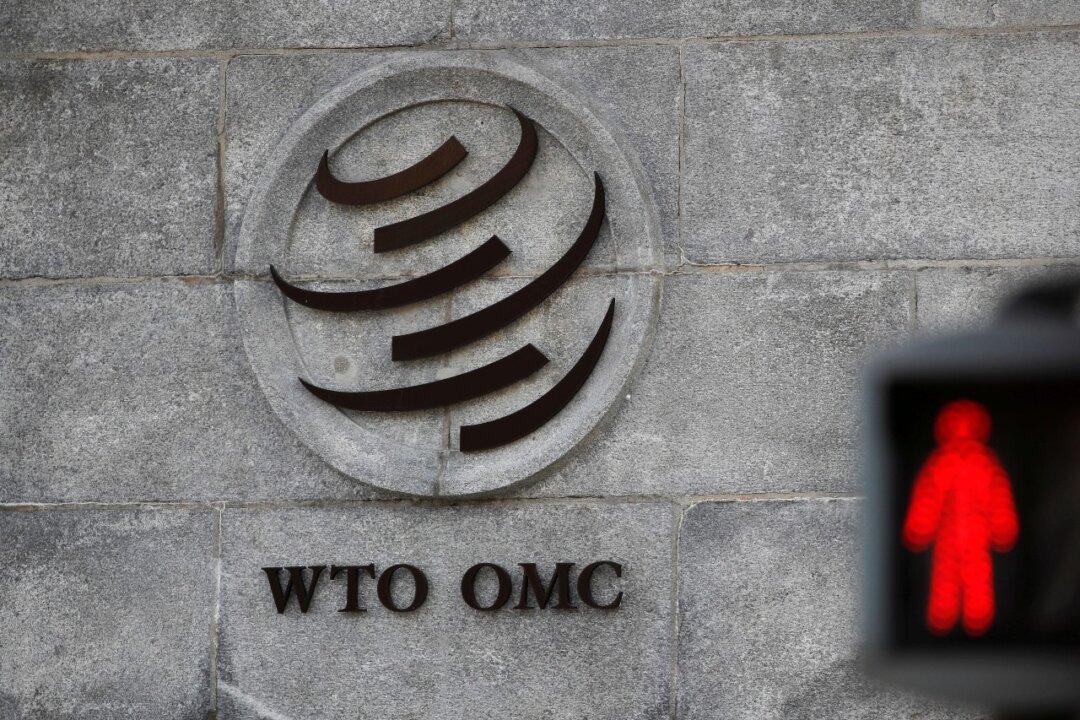Beijing’s refusal to abide by the letter and spirit of its World Trade Organization (WTO) membership over the two decades since its admission to that body call for a shift in strategy on the part of countries that respect and seek to enforce the rules, experts say.
China joined the WTO on Dec. 11, 2001, and the 20th anniversary of its membership has inspired numerous reflections on the milestone, as well as complaints and protests by other member nations objecting to the communist regime’s continuing reliance on heavy-handed and non-market-oriented trade and labor practices, from massive agricultural subsidies to forced labor.





